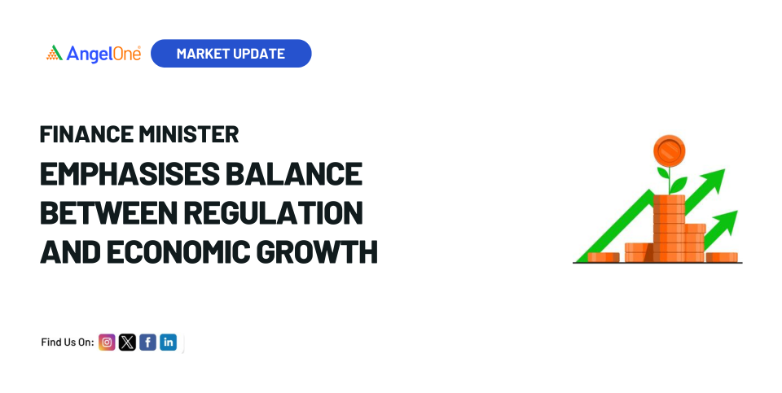
Finance Minister Nirmala Sitharaman has called for regulatory bodies, particularly the Competition Commission of India (CCI), to adopt a balanced approach between strict oversight and a growth-oriented mindset. Speaking at the 16th annual day of the CCI in New Delhi, the minister said that markets should function for the benefit of many, not a privileged few.
She advocated for a regulatory philosophy that follows the “minimum necessary and maximum feasible” standard. According to her, this approach is crucial in building a resilient, equitable and innovation-driven economy as India pursues its vision of becoming a developed nation by 2047.
The finance minister underscored that in a world facing multiple challenges—ranging from export uncertainties to environmental and energy crises—India must increasingly depend on domestic growth engines. This dependence, she said, heightens the need for robust and agile institutions that can respond swiftly to evolving economic realities.
Recent years have witnessed disruptions such as the pandemic, geopolitical conflicts and broken supply chains. These developments, Sitharaman noted, have fundamentally altered the nature of the economy and call for institutions that are both adaptive and future-ready.
Read More: Finance Ministry Eases Compliance Rules for Brokers: Clarifies Investments Not Involving Client Funds.
Minister Sitharaman praised the CCI for its varied initiatives that include enforcement, advocacy, market studies and reform-oriented actions. She noted that these measures help foster an ecosystem where businesses, regardless of size, can compete based on merit. Consumers, in turn, benefit from greater choices and improved innovation.
She described the enforcement of free and fair competition as not just an economic necessity but also a democratic imperative. A dynamic economy, she said, thrives on competitive principles, and institutions like the CCI are central to ensuring that competition remains vibrant and meaningful.
India’s structural reforms—spanning asset monetisation, disinvestment and digital public infrastructure—were also highlighted by the minister as efforts to unlock market potential. These initiatives aim to deepen competition and encourage wider participation in the market economy.
Sitharaman reiterated the government’s commitment to establishing a light-touch regulatory environment based on trust and guiding principles. This was one of the key themes of the recent Union Budget and is aimed at boosting productivity and employment.
The finance minister emphasised the importance of timely regulatory approvals, particularly for mergers and acquisitions that pose no threat to market competition. She warned that regulatory delays can create commercial uncertainty and erode the expected value of such transactions.
Sitharaman also drew attention to the global impact of India’s regulatory responsiveness. Investors and trade partners often gauge the readiness and efficiency of Indian regulators during free trade agreement negotiations. Long litigations or opaque procedures can complicate such international engagements.
She pointed to a recent Budget announcement aimed at rationalising approval requirements and expanding the scope for fast-track mergers as a step in the right direction.
Sitharaman closed her remarks by discussing newer competition challenges, particularly in the digital space. She flagged issues such as the dominance of gatekeeper platforms, unequal access to data and the cross-border nature of digital business models.
The finance minister stressed the need for international cooperation and adaptive regulations to counter the rise of global digital monopolies. According to her, ensuring free and fair digital markets will be a defining challenge for regulators in the coming years.
Through her address, Finance Minister Nirmala Sitharaman outlined a vision for a regulatory framework that is both vigilant and conducive to growth. As India moves towards its 2047 development goals, her call for balance and agility in regulation highlights the evolving role of institutions like the CCI in shaping the future of the Indian economy.
Disclaimer: This blog has been written exclusively for educational purposes. The securities mentioned are only examples and not recommendations. This does not constitute a personal recommendation/investment advice. It does not aim to influence any individual or entity to make investment decisions. Recipients should conduct their own research and assessments to form an independent opinion about investment decisions.
Investments in the securities market are subject to market risks. Read all the related documents carefully before investing.
May 21, 2025 02:22 PM
Published on: May 21, 2025, 2:23 PM IST

Team Angel One
We're Live on WhatsApp! Join our channel for market insights & updates
